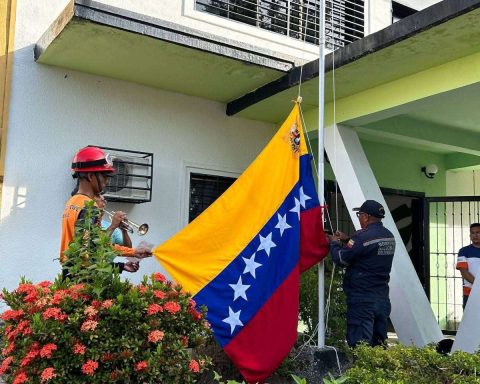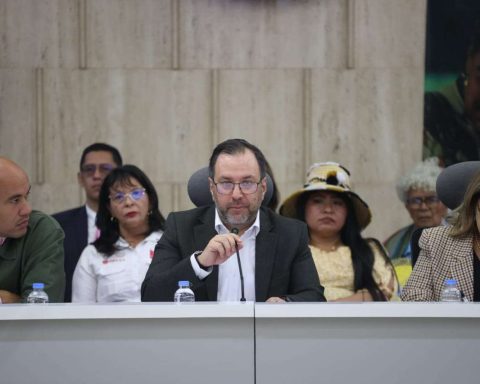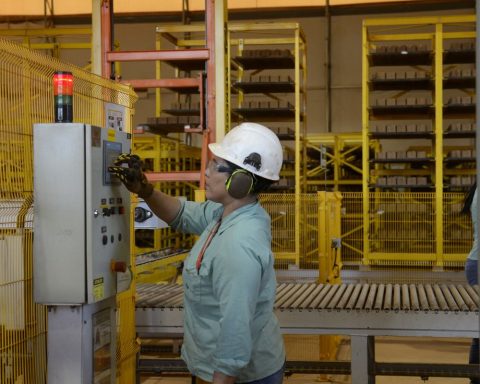Both the public sector and the private sector are inhibited when it comes to increasing wages. Although private companies pay bonds, they sometimes risk sanctions, while the public administration does not manage a payment system through bonds outside the country system. Bonus payments could solve this limitation
The former president of the Venezuelan Federation of Chambers of Commerce and Production (Fedecamaras), Jorge Roigannounced that he proposed to the legislative authorities a “labor emergency law” that allows wages to be increased with a special regulatory framework that allows remuneration through bonuses.
The strategy would seek to find a solution to the low income of Venezuelans, trying to save companies the impact of paying benefits calculated based on salary. Payment with bonuses would allow the monthly amount to be increased without employers receiving the impact of paying months of that increased salary for vacations, severance pay, among others.
“I am proposing a labor emergency law that at least in a space of two years allows wages to be increased by paying bonuses outside, without this having an impact on benefits,” he stressed in a statement. Interview with Venevision.
Many private companies adopted this model to increase their salaries. For this reason, remuneration in the private sector currently averages $118, almost six times more than the $21 comprehensive minimum wage paid in public administration.
*Also read: The minimum wage in Venezuela has been devalued by 50% in the last six months
Roig noted that both the public sector and the private sector are inhibited when increasing salaries. Although private companies pay bonds, they sometimes risk sanctions, while the public administration does not manage a payment system through bonds outside the country system. Bonus payments could solve this limitation.
«The private and the public sector cannot increase salaries as much as they would like because that has an impact on social benefits, people who have worked for 25 years in a company almost cannot increase their salary
In this sense, the current member of the Board of Directors of the International Organization of Workers (ILO) clarifies that benefits would be a pending issue, but that it could be discussed when those two years of “emergency” expire, but that it is important to focus on improve wages right now.
“In the end, we will discuss social benefits in two years, but in these times of inflation, where salaries are not enough, I think it would be a solution that would allow the current employer to pay salaries without having to be terrified by the influence on benefits” , he reasoned.
Post Views:
124
















